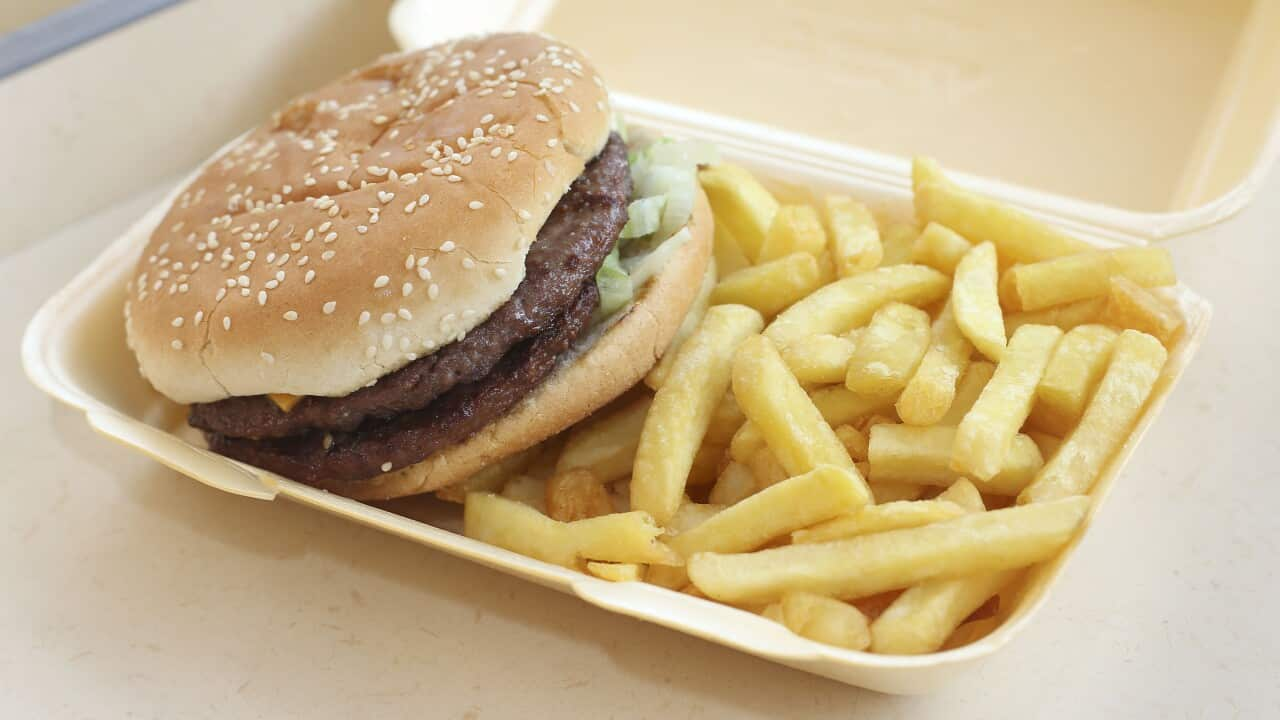For decades, bacteria has been portrayed as an ‘enemy’ to our bodies, but new research into microbiology is turning that assumption on its head. If you want to shed kilos or maintain a healthy lifestyle, we’ve got three words for you: Trust Your Gut. This ecosystem of good and bad bacteria could explain why some of us find weight loss impossible, while others are effortlessly thin.
We've grabbed some of the most fascinating facts from the documentary so you can please your gut and boost your overall health.
Debunking the obesity myth
Let’s set the record straight: eating less and exercising more might not be helping you lose weight. As geneticist and author of The Diet Myth Tim Spector (featured in the documentary) points out, “I’ve been told it’s just a case of willpower – calories in, calories out; eat less, exercise more. [But the] more I research it, the more I realise that’s rubbish.”
So what’s the missing link?
The tiny, invisible organisms (known as microbes or bacteria) that live inside our guts have a huge impact on our lives and our health. They play a starring role in our immune system and determine how our bodies break down and process food.
Our guts are like gardens
There’s the soil (environment of the gut), the plants we want to grow (microbes) and the plants – or weeds – we’d rather not have (bad bacteria). Each plant species plays an important role, some produce nutrients, others break down calories into energy. This environment is known as the microbiome.
Good microbes can win over the bad ones
Modern medicine has cast all bacteria villains, but the opposite is actually true. A co-existence between good and bad bacteria is needed to support a healthy gut, and if you get the balance right, even the “bad” microbes can begin playing a useful role.
Curious about your eating habits?

Quiz: What’s the right diet for you?
Don’t starve your gut
Just like we need regular sustenance, our guts need food in order to remain healthy and develop microbe diversity. When the gut starves, the bad bacteria can take over.
So what should we be eating?
Foods that are full of the ‘F’ word… fibre! In the documentary, anthropologist Jeff Leech says that if he was stranded in a supermarket and wanted to improve his gut health, his number one choice would be leek. Try our or find more leek recipes .
Try our or find more leek recipes .

Source: Benito Martin
Do the teeth test
The microbes in your colon love indigestible foods. You know, the stuff that gets in your teeth when you chew it, like celery, artichoke and zucchini. These foods are called ‘prebiotics’ and they act like fertiliser enhancing soil (i.e. your gut).
The more, the merrier
The more species you have in your microbiome, the more nutrients they’ll get out of the food you eat. This means you’ll enjoy a stronger immune system and reduced risk of obesity.



